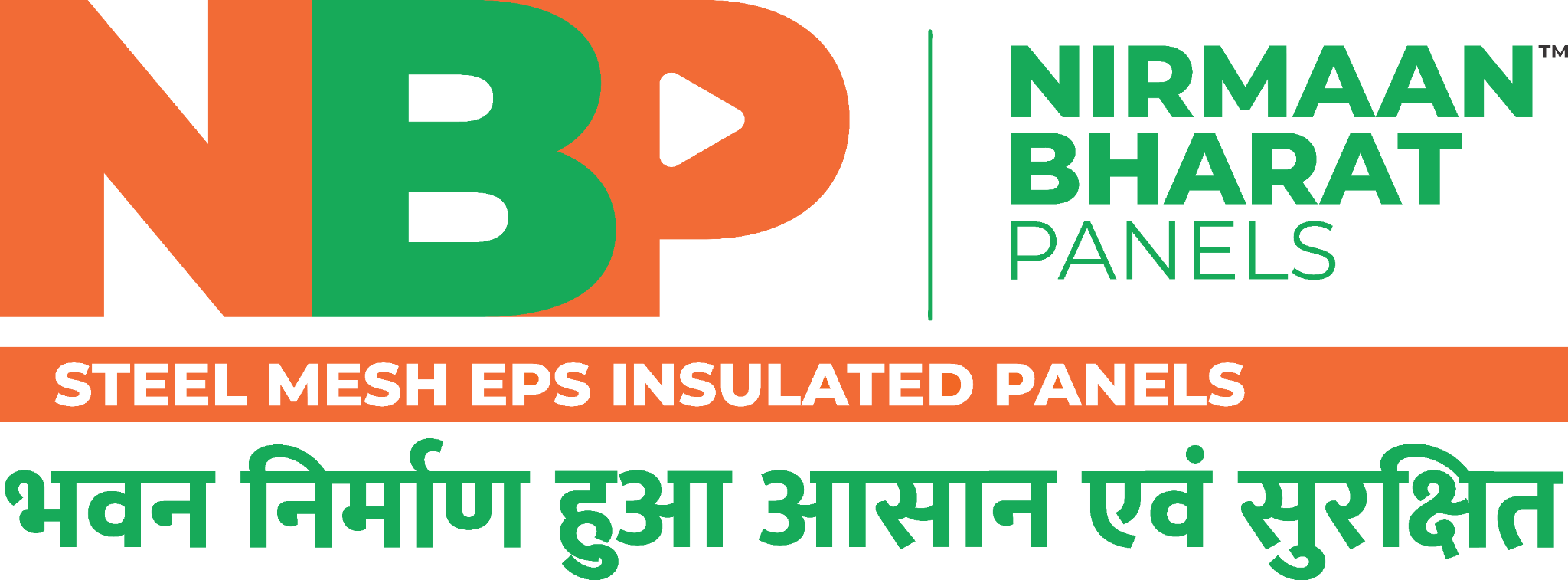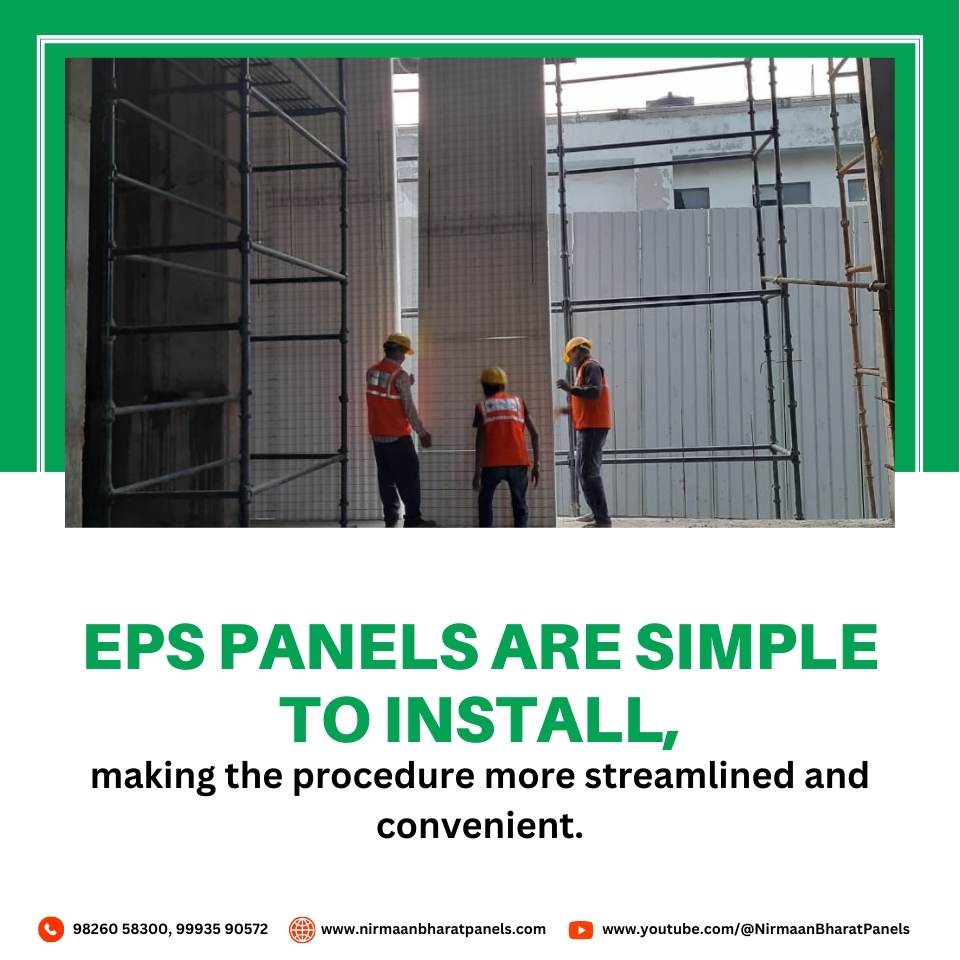In the bustling city of Mumbai, the construction industry is always on the lookout for innovative and cost-effective solutions to build structures that are not only aesthetically pleasing but also durable and sustainable. One such solution is EPS (Expanded Polystyrene) panels, which have been gaining popularity in recent years due to their numerous benefits. In this article, we will delve into the world of EPS panels and explore their advantages, applications, and how they can revolutionize the construction industry in Mumbai.
What are EPS Panels? EPS panels are a type of lightweight, foam-like material made from a mixture of polystyrene beads and a blowing agent. They are manufactured by expanding the beads under heat and pressure, which creates a rigid, closed-cell structure. EPS panels are available in various thicknesses and densities, making them suitable for a wide range of applications.
Table of Contents
ToggleBenefits of EPS Panels:
EPS Panels Mumbai
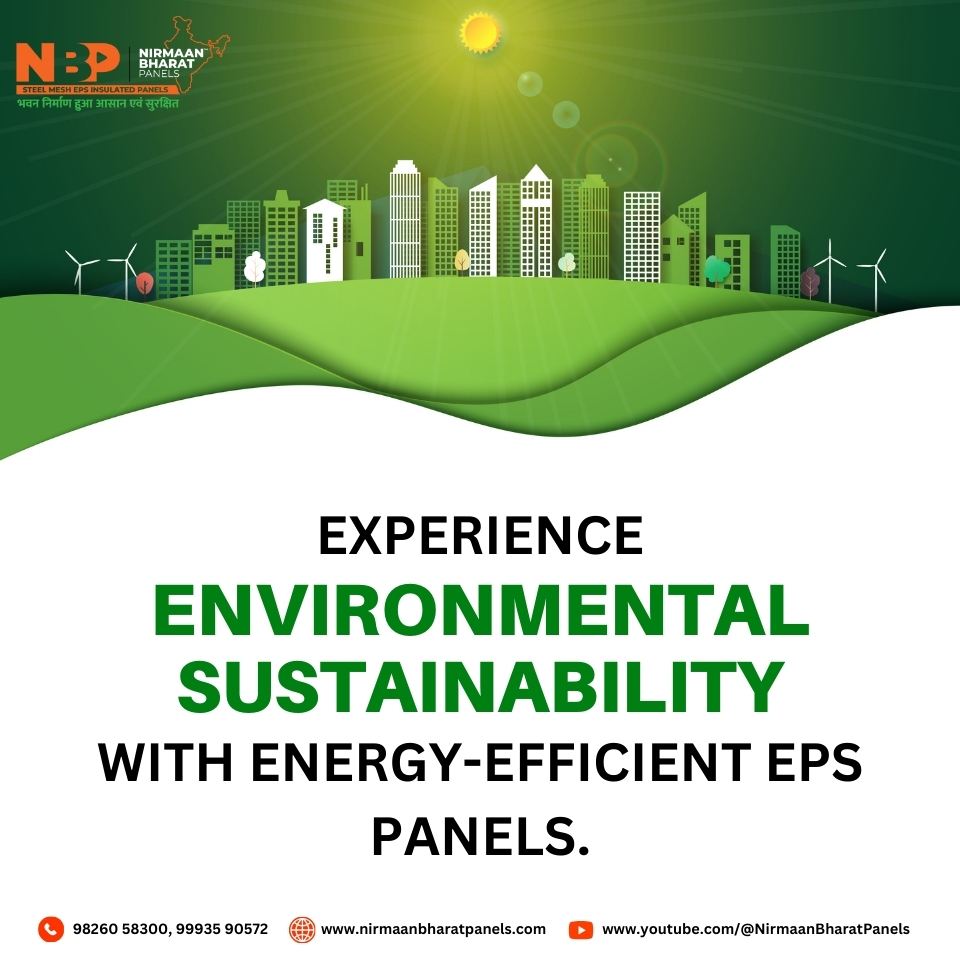
- Lightweight: EPS panels are incredibly lightweight, making them easy to transport and install. This reduces the overall weight of the structure, which can lead to significant savings on foundation costs.
- Thermal Insulation: EPS panels provide excellent thermal insulation, keeping buildings warm in the winter and cool in the summer. This reduces energy consumption and minimizes the carbon footprint of the building.
- Acoustic Insulation: EPS panels are also effective at reducing noise pollution, making them an excellent choice for sound-sensitive areas like recording studios or residential buildings.
- Fire Resistance: EPS panels are non-combustible and do not release toxic fumes when exposed to fire. This makes them an ideal choice for buildings that require high fire safety ratings.
- Pest-Resistant: EPS panels are resistant to pests like termites and rodents, which can cause significant damage to buildings.
- Low Maintenance: EPS panels are easy to clean and maintain, reducing the need for frequent repairs and replacements.
- Cost-Effective: EPS panels are generally cheaper than traditional building materials like steel or concrete, making them an attractive option for budget-conscious builders.
Applications of EPS Panels:
EPS Insulation Panels in Mumbai
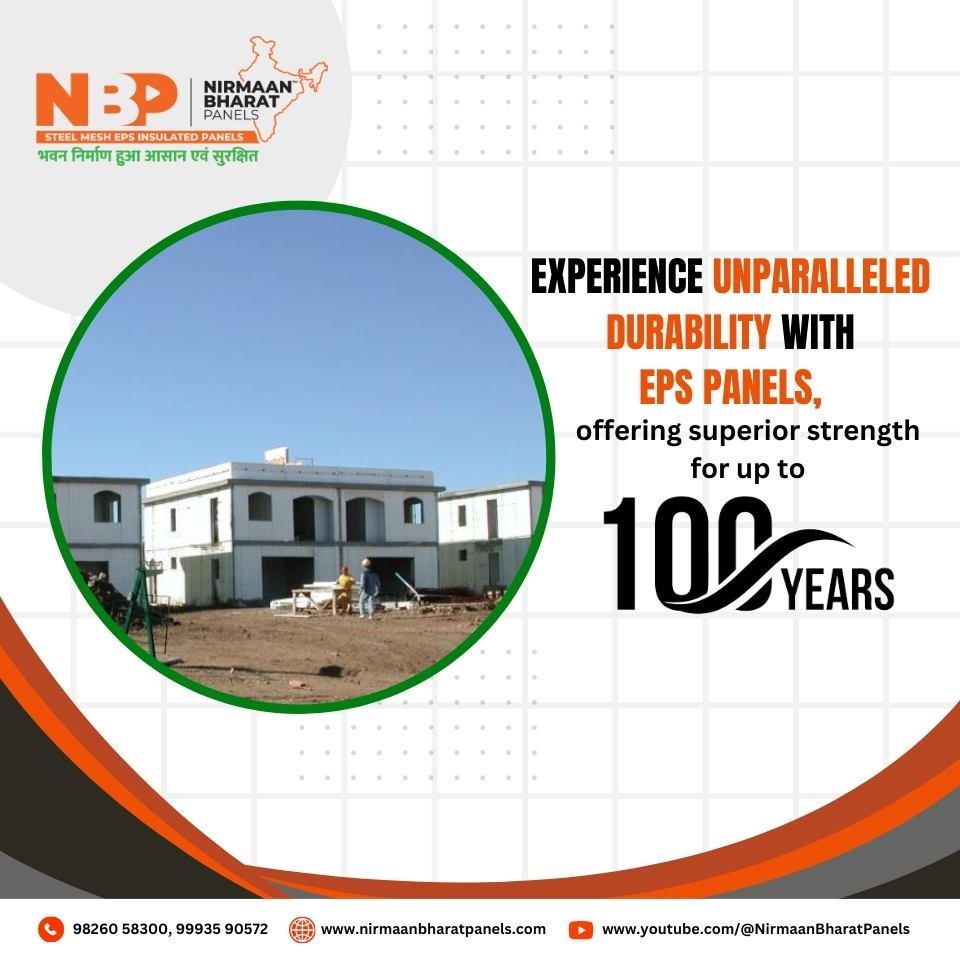
- Walls: EPS panels can be used as a substitute for traditional brick or block walls, providing better insulation and fire resistance.
- Roofs: EPS panels can be used as a roofing material, providing excellent insulation and weather resistance.
- Floors: EPS panels can be used as a substitute for traditional flooring materials like concrete or marble, providing better insulation and durability.
- Soundproofing: EPS panels can be used to create soundproof rooms or studios, reducing noise pollution and improving acoustic quality.
- Insulation: EPS panels can be used as a primary insulation material in buildings, providing excellent thermal insulation and reducing energy consumption.
Case Studies: Several projects in Mumbai have successfully utilized EPS panels to achieve their construction goals. For example:
- The Mumbai Metro Rail Corporation Limited (MMRC) used EPS panels to construct the tunnels and stations for the Mumbai Metro Line 3 project.
- The Indian Railways used EPS panels to build the roofs and walls of several railway stations in Mumbai.
- The Maharashtra State Road Development Corporation (MSRDC) used EPS panels to construct the soundproofing walls for several highway projects in Mumbai.
Challenges and Limitations: While EPS panels offer numerous benefits, there are some challenges and limitations to consider:
- Structural Integrity: EPS panels may not provide the same level of structural integrity as traditional building materials like steel or concrete.
- Moisture Resistance: EPS panels can be susceptible to moisture damage if not properly sealed or maintained.
- Cost: While EPS panels can be cheaper than traditional building materials, they may not be suitable for all budgets or projects.
Conclusion: EPS panels have revolutionized the construction industry in Mumbai by providing a cost-effective, sustainable, and innovative solution for building structures. With their numerous benefits, including lightweight construction, thermal insulation, acoustic insulation, fire resistance, pest resistance, low maintenance, and cost-effectiveness, it’s no wonder that EPS panels are becoming increasingly popular in the city’s construction industry. As builders and architects look for ways to improve their designs and reduce their environmental footprint, EPS panels are likely to play a major role in shaping the future of construction in Mumbai.
Recommendations: To fully utilize the benefits of EPS panels in Mumbai, builders and architects should consider the following recommendations:
- Conduct thorough research on the specifications and applications of EPS panels.
- Consult with experts in the field to ensure proper installation and maintenance.
- Consider using a combination of traditional building materials with EPS panels to achieve optimal results.
- Develop new designs and technologies that incorporate EPS panels to improve their structural integrity and moisture resistance.
By embracing the benefits of EPS panels and addressing their challenges and limitations, Mumbai’s construction industry can continue to thrive while reducing its environmental impact.
FAQs – EPS Panels in Mumbai
FAQ 1: What are EPS Panels and how are they used in construction?
EPS panels are a type of lightweight, foam-like material made from expanded polystyrene. They are commonly used in construction for thermal insulation, soundproofing, and fire resistance. In Mumbai, EPS panels are often used as a substitute for traditional building materials like brick or concrete, providing better insulation and fire resistance.
FAQ 2: Are EPS Panels fire-resistant?
Yes, EPS panels are non-combustible and do not release toxic fumes when exposed to fire. This makes them an ideal choice for buildings that require high fire safety ratings. In Mumbai, where fire safety is a major concern, EPS panels are a popular choice for building structures that require high fire resistance.
FAQ 3: Are EPS Panels suitable for exterior use in Mumbai’s climate?
Yes, EPS panels can be used for exterior applications in Mumbai’s climate. However, they should be properly sealed and protected to prevent moisture damage. In Mumbai, where the climate is hot and humid, EPS panels can be used as a roofing material or as a façade material to provide insulation and reduce energy consumption.
FAQ 4: Can EPS Panels be used for soundproofing applications in Mumbai?
Yes, EPS panels are excellent for soundproofing applications. They can be used to create soundproof rooms or studios, reducing noise pollution and improving acoustic quality. In Mumbai, where noise pollution is a growing concern, EPS panels can be used to create soundproof spaces for residential or commercial use.
FAQ 5: Are EPS Panels expensive compared to traditional building materials in Mumbai?
No, EPS panels are generally cheaper than traditional building materials like steel or concrete. In Mumbai, where cost is a major factor in construction projects, EPS panels can be a cost-effective option for builders and architects. However, the cost of EPS panels can vary depending on the thickness and density of the material, as well as the location and availability of the supplier.
